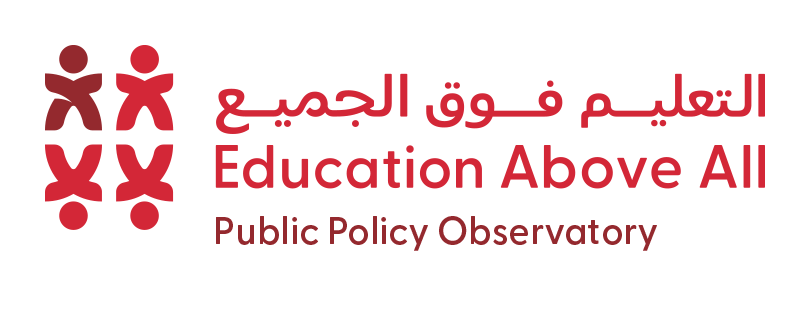Context and Issue
Ethiopia experienced a rapid expansion in primary education access, achieving a gross enrollment rate of 100 percent. This impressive growth, however, strained the education system, leading to overcrowded classrooms and inadequate resources. Despite high enrollment rates, the quality of education, particularly in literacy, remained low; a 2010 assessment revealed that nearly one-third of grade 2 students could not read any words correctly. As a multilingual society, Ethiopia needed an education system that supported diverse mother tongues while also promoting English proficiency, essential for higher education and economic development. This need became more pressing as Ethiopia aimed to achieve middle-income status by 2025.
Solution
The "Reading for Ethiopia’s Achievement Developed Technical Assistance" (READ TA) program, initiated in October 2012, was a five-year initiative that aimed to improve the reading and writing performance of 15 million primary grade students in Ethiopia across seven national languages (Amharic, Af-Somali, Afaan Oromo, Tigrinya, Sidaamu Afoo, Wolayttatto, Hadiyyisa) and English. It provided technical assistance to the Ethiopian Ministry of Education and Regional State Education Bureaus in developing curricula and materials for preservice teacher education. The program included training for 200 lecturers at 36 Colleges of Teacher Education, developing instructional materials in multiple languages, and creating supplementary reading materials. Additionally, the program focused on gender and inclusion, capacity building, and leveraging technology to enhance education.
Impact
The READ TA program significantly advanced Ethiopia's education system. The initiative effectively addressed critical literacy gaps by enhancing the reading and writing skills of 15 million primary school students. It produced 320 titles of student books and teachers' guides for grades 1-8 in seven Ethiopian languages and English, distributing over 700,000 student books and 50,000 teachers' guides. The program trained 113,385 teachers and more than 3,000 school leaders and education officers, supported by over 2,500 trainers who broadened the reach of the training. Inclusive education efforts screened 3,725 children in 63 schools, identifying over 9 percent with vision or hearing impairments, significantly enhancing teachers' ability to support students with disabilities. Additionally, the project strengthened the capacity of more than 300 local education officials, ensuring sustainable local leadership in curriculum development. The introduction of the Papaya app and over 200 instructional videos supported pre-service teacher education, improving instructional quality. The READ TA program developed a multimedia lesson plan app for students with vision impairments that integrates audio files into phonemic awareness and story-reading activities. Many READ TA activities exceeded initial project plans and targets, achieving additional milestones, such as revising English language syllabi for pre-primary through grade 12, beyond the original plan for only grades 1-8.













